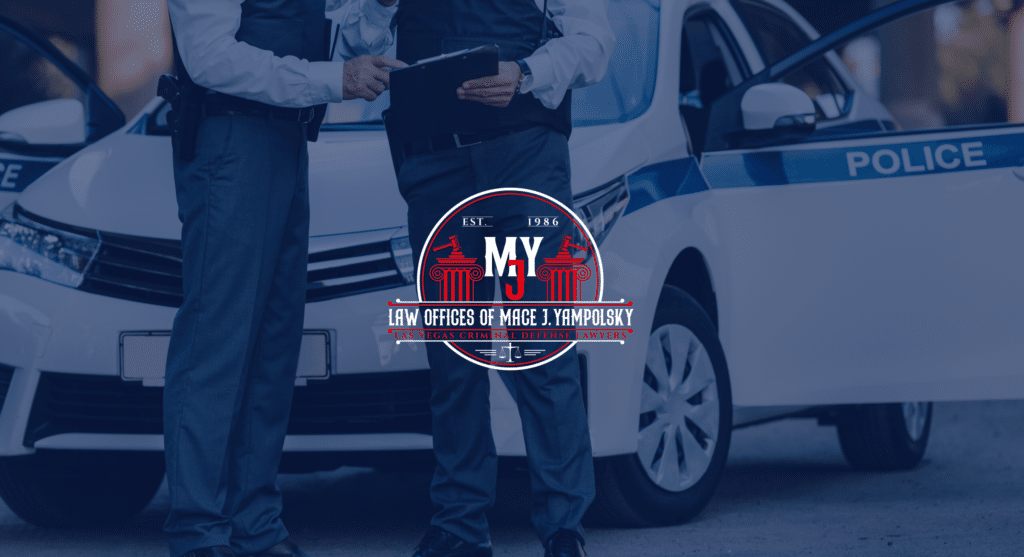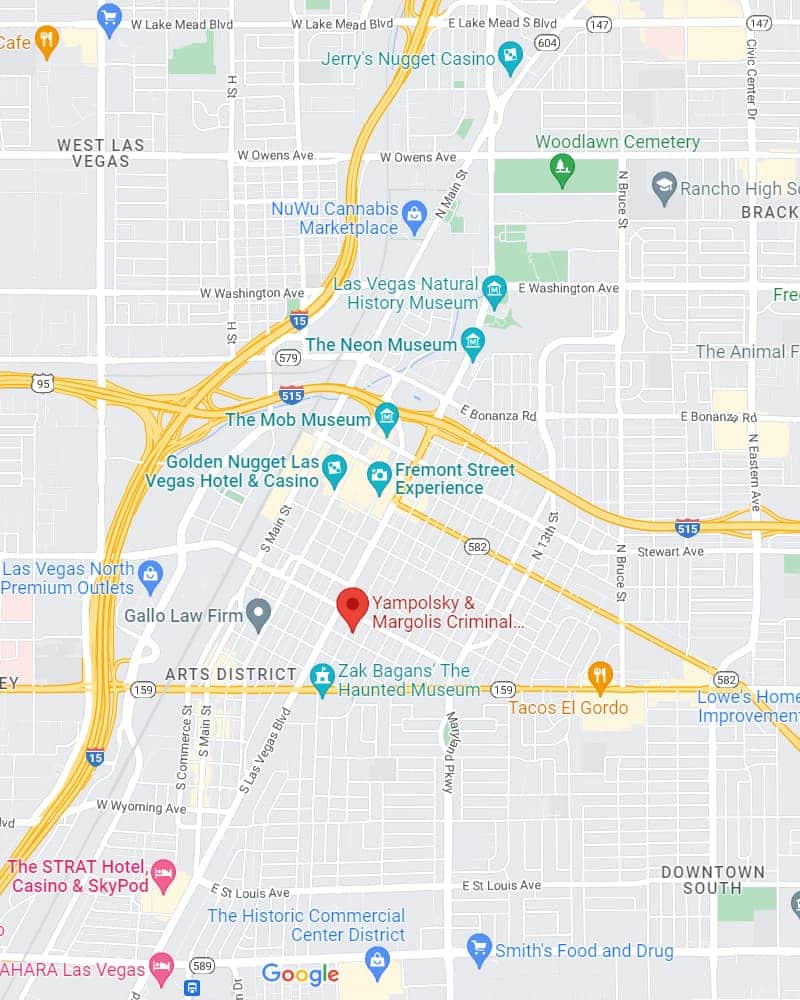You Have The Right To Remain Silent
When individuals talk to the police, they have an obligation to tell the truth, however, police do not have the same obligation. One of the things someone being questioned may think is, “Well, you know, if I just talk to the police, they’ll believe me and I won’t be accused of a crime. If I cooperate when they ask me questions, it will be better for me.” That’s not true at all.
When police question a suspect, they are trying to develop information during their investigation that will help convict that person. In cases in which there are co-defendants, the police will often say, “Well, Mr. Smith said that you were the one that stole this television and he is willing to so testify If that happens, you are going to go to prison. It will be easier on you if you just tell us what happened”. Oftentimes, the other person isn’t going to say anything and the police haven’t developed enough evidence to convict the client, but if the client cooperates by being nice, it gives the police incriminating information.
This can very well be explained by an analogy that says, “What’s one of the similarities between a fish and a criminal defendant? If they kept their mouth shut, they wouldn’t have been hooked.”
People like to talk, and in situations like these, they feel they must talk. Everyone knows about Miranda Rights, “You have the right to remain silent. You have the right to an attorney. If you can’t afford one, a lawyer will be appointed to you at no cost to you.. If you say anything that’s incriminating, it can be used against you in the court of law.” The best thing in these cases is not to say anything at all.
Sometimes, it’s difficult to remain silent, and police may try and bully you. For example, many times, in DUI cases, the police will ask questions. But the less you say the better. You must provide your license registration and proof of insurance because you need to identify yourself. However, you don’t need to answer any other questions.
Do Not Lie To The Police
The worst thing you can do is lie. Police will ask if you have had anything to drink and may say you smell of alcohol. The client may answer no. In such a case, the police officer could charge you with giving false information to police, which is a felony, in addition to charging for the DUI. You are advised not to say anything at all in such situations.
Case law says that unless you specifically invoke your right to remain silent, the police can keep asking you questions. In such a case, you can say, “I’d like to invoke my right to remain silent,” or, “I would like to exercise my right to self-incrimination”, or simply, ”I’ll take the Fifth”
Although that’s the best thing to do or say, but if you’ve been drinking, it’s going to be difficult for you to articulate that without slurring your words, which itself is an indication of driving under the influence. So say as little as possible “ I take the Fifth!”
What If The Police Officer Asks Me Questions?
Oftentimes, the police will say, “Well, if you have nothing to hide, why won’t you say anything?” In this case, the person should say, “My lawyer advised me not to talk to law enforcement without him being present”. If the officer persists again, the person can say, “I do not want to say anything”.
We usually give our business card to clients which has certain things written on the back that the client should know. When asked questions, rather than saying anything, the client can present the officer with that business card. On the back of the card it reads, “I want to exercise my right to remain silent and consult with my lawyer without exception. I do not want to talk about giving up my rights until I have consulted my lawyer. I want to call my lawyer. I do not consent to a search of any kind, any test, any lineups, or any other identification procedures. I do not agree to any of these things without my lawyer present. I do not want to waive any of my constitutional rights”. That’s pretty definitive.
If the officer continues to ask questions after the client has unequivocally asked to invoke his right against self-incrimination, and the person answers them, that would be a violation of that person’s rights. Based on that violation, their attorney would be able to get the evidence (The Defendant’s Statements) thrown out. The lawyer would file a Motion to Suppress evidence. This motion can be filed because the evidence was gained unlawfully as the client invoked his right to remain silent and the officer continued to question him. Or the officer may have conducted an illegal search. Once the evidence is suppressed, then the prosecution must go forward without it.






